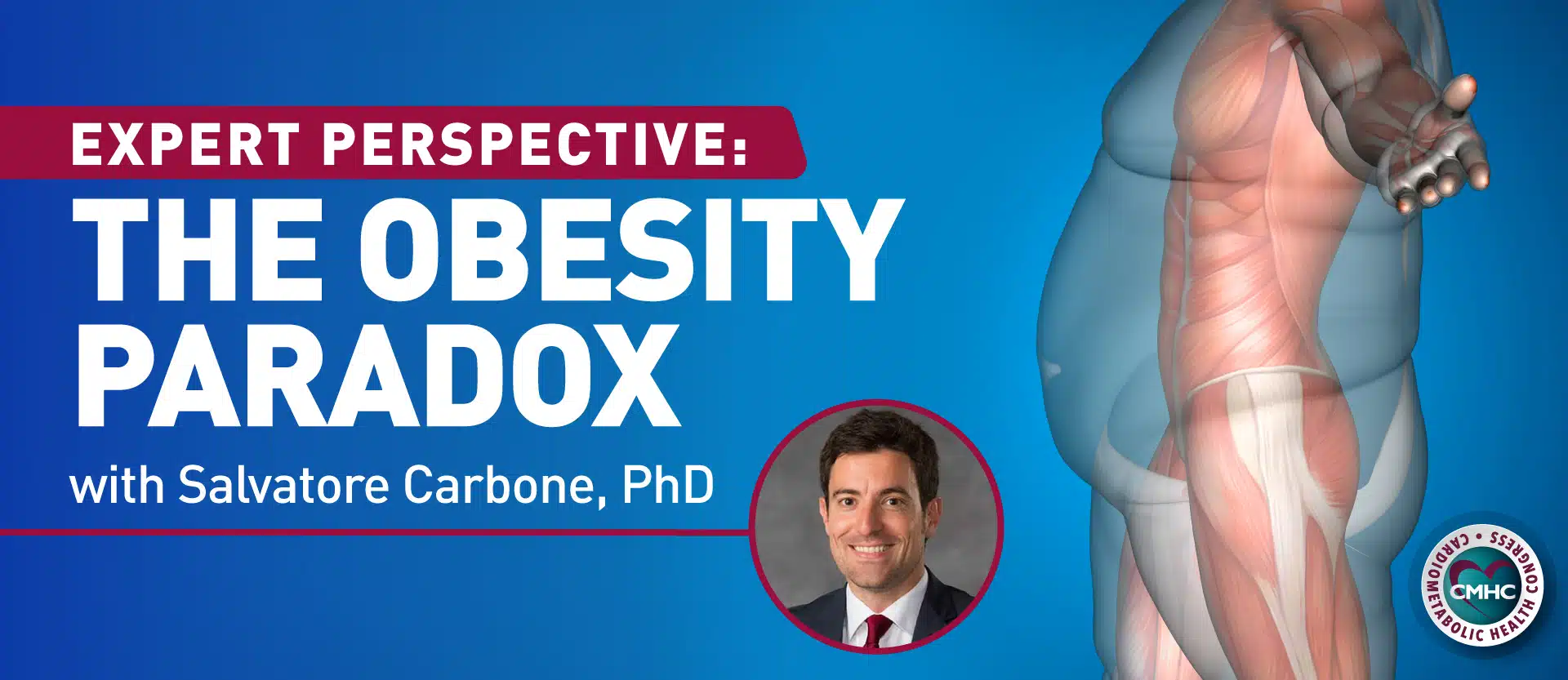A couple days ago, we shared the difference between a cardiac arrest and a heart attack with you.
We also shared that even though they are different things, they do share the SAME risk factors.
What we want to share with you today, is the good news: many of these risk factors can be eliminated.
The Facts
According to the CDC, every year about 735,000 Americans have a heart attack.1
“Heart disease needs urgent intervention. And that intervention, it is increasingly getting clear, has to be a lifestyle and diet makeover” according to Kenneth Thorpe, chairman at Partnership to Fight Chronic Disease (PFCD).2
But I’m young…
Studies have noted a marked increase in the number of young patients suffering from heart attacks.
A recent article shared a story about a 29-year-old marketing and sales professional who had suffered a heart attack. He had no family history of a heart attack.
What they did report however was that this patient’s lifestyle included heavy smoking, not enough exercise, and that he was overweight. In 2011, this same patient had a second heart attack, followed by a third in 2013. He failed bypass surgery, and ended up undergoing a heart transplant in August last year at the young age (in our opinion) of 45 years old.
In the past year, he has lost approximately 70 pounds. Abhay Singh, was 205 lbs. at the time of his first heart attack. Before his heart transplant he shot up to 253lbs.
Mr. Singh, now 46 years old and 182 lbs., leads a normal life. However, it is a different life from before.
He has to exercise every day, drink and smoke minimally, not eat as much salt, and also must keep a close eye on his lipid profile.
Listen to your body
At 29 years old, Mr. Singh thought his first heart attack was just indigestion.
When he finally got to the doctor 12 hours later, his heart had sustained significant damage.
Manage your DIET
A study published in the Journal Of The American Medical Association (JAMA) in March 2017 shows that a large percentage of deaths due to cardiovascular disease and diabetes are linked to a poor diet.
According to the study, 10 foods/nutrients associated with cardiometabolic diseases are fruits, vegetables, nuts/seeds, whole grains, unprocessed red meats, processed meats (refined oils, hydrogenated fats, etc.), sugar-sweetened beverages (SSBs), polyunsaturated fats (PUFA), seafood omega-3 fats and sodium.
NO MORE SALT
Excess sodium intake (too much salt) was connected to the highest proportion of heart disease (it was associated in 9.5% of deaths). It has been proven that high-salt diets increase blood pressure and the risk of heart disease extensively. Research (3) has found that those of us who consumed more than 13.7g of salt daily had a two times higher risk of heart failure compared to those who consumed less than 6.8g. “The World Health Organization recommends a maximum of 5g per day.” says Dr. Sundeep Mishra, professor of cardiology, All India Institute of Medical Sciences (AIIMS). Scary but true, the majority of us ingest more than 10 times the amount of salt we need to meet our sodium requirements.
Other top-of-the-list dietary patterns affecting heart health were low intake of nuts and seeds (8.5%), high intake of processed meats (8.2%) and low fruit and vegetable intake (7.6 and 7.5%, respectively).
What this proves is that diet matters when it comes to heart disease.
GOOD fat?
Apparently, not all fats are bad, and the kind of fat we eat is a big deal.
“Saturated and trans fats increase blood cholesterol and heart attack rates. PUFA (Polyunsaturated fatty acids) and monounsaturated (MUFA) fats lower the risk of heart attacks,” according to Dr. Simmi Manocha, head of department, non-invasive cardiology, Asian Institute of Medical Sciences, Faridabad.
Most of us have heard of Omega-3’s and apparently they are a type of PUFA that is really beneficial for cardiovascular health. Want proof?
Both plant-based and seafood-based omega-3 lower the risk of fatal heart attacks by about 10% according to a study by Tufts University, US. The researchers also found that Fish, walnuts and flaxseed oil are the best sources of omega-3.
So according to all of the above, we learned that a poor diet is bad for the heart.
A bad diet can lead to weight gain, and even if you are otherwise considered healthy, gaining weight raises the risk of heart attack by over a quarter!
Even if you have healthy blood pressure, blood sugar and cholesterol levels, being overweight or obese increases your risk of coronary heart disease (CHD) by up to 28% compared to those with a healthy bodyweight, according to a study published in the European Heart Journal.
A person who carries the bulk of their body fat around their stomach (an “apple” shaped body) is at greater risk of heart disease than someone whose body fat tends to settle around their bottom, hips and thighs (a “pear” shaped body) according to Dr. Manocha.
SUMMARIZE:
- Avoid packaged foods
- Avoid salt
- Take Omega 3’s
- Stick to natural, minimal processed foods like nuts or fruits – remember PUFA & MUFA (Polyunsaturated fatty acids and monounsaturated)
- Keep an eye on your weight (avoid an apple shape)
- Manage your lifestyle – don’t overdo drinking; try to stop smoking
- Listen to your body (see a doctor immediately if you feel warning signs)
- Get educated (that’s where we come in)…
At CMHC, we try to bring the latest science and research in the cardiometabolic space to physicians and allied health professionals like you. Every one of you treats heart health or deals with the risk factors listed in this article. Most of all, we try to get you the most robust education that ties all of this research into what can help YOUR patients, today. A few years ago, we launched CMHC West and are so excited to take it to Las Vegas next year from May 4-5, 2018.
Our 2018 agenda will capture the integrity and high-quality education of the annual CMHC event (that just wrapped up in Boston) as the top U.S. experts in cardiometabolic health will highlight the latest updates in heart failure, diabetes, hypertension, cardiovascular health and lifestyle management. Invest in your education and visit us in Las Vegas – register for only $99 until December 31 when the price increases!



















